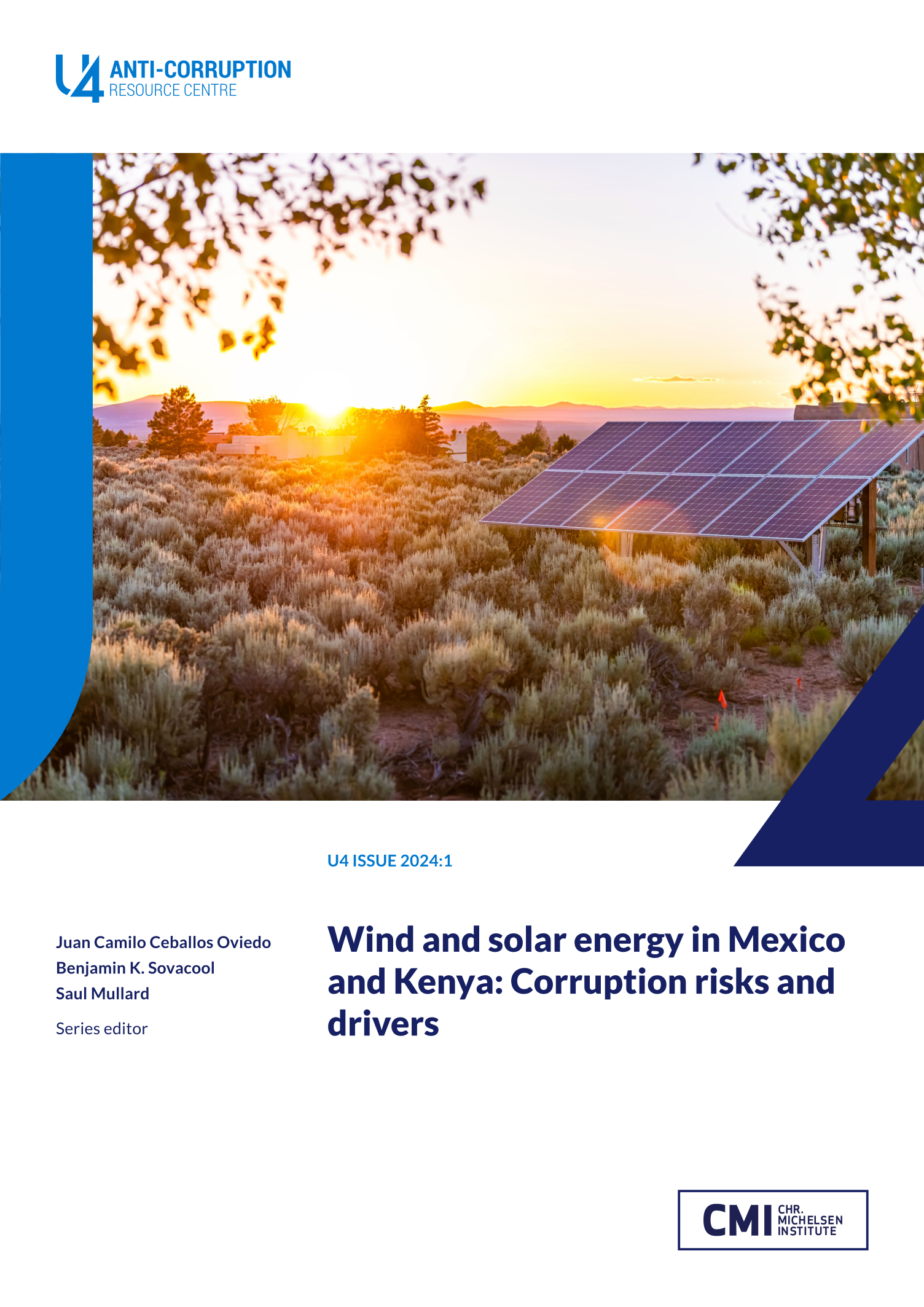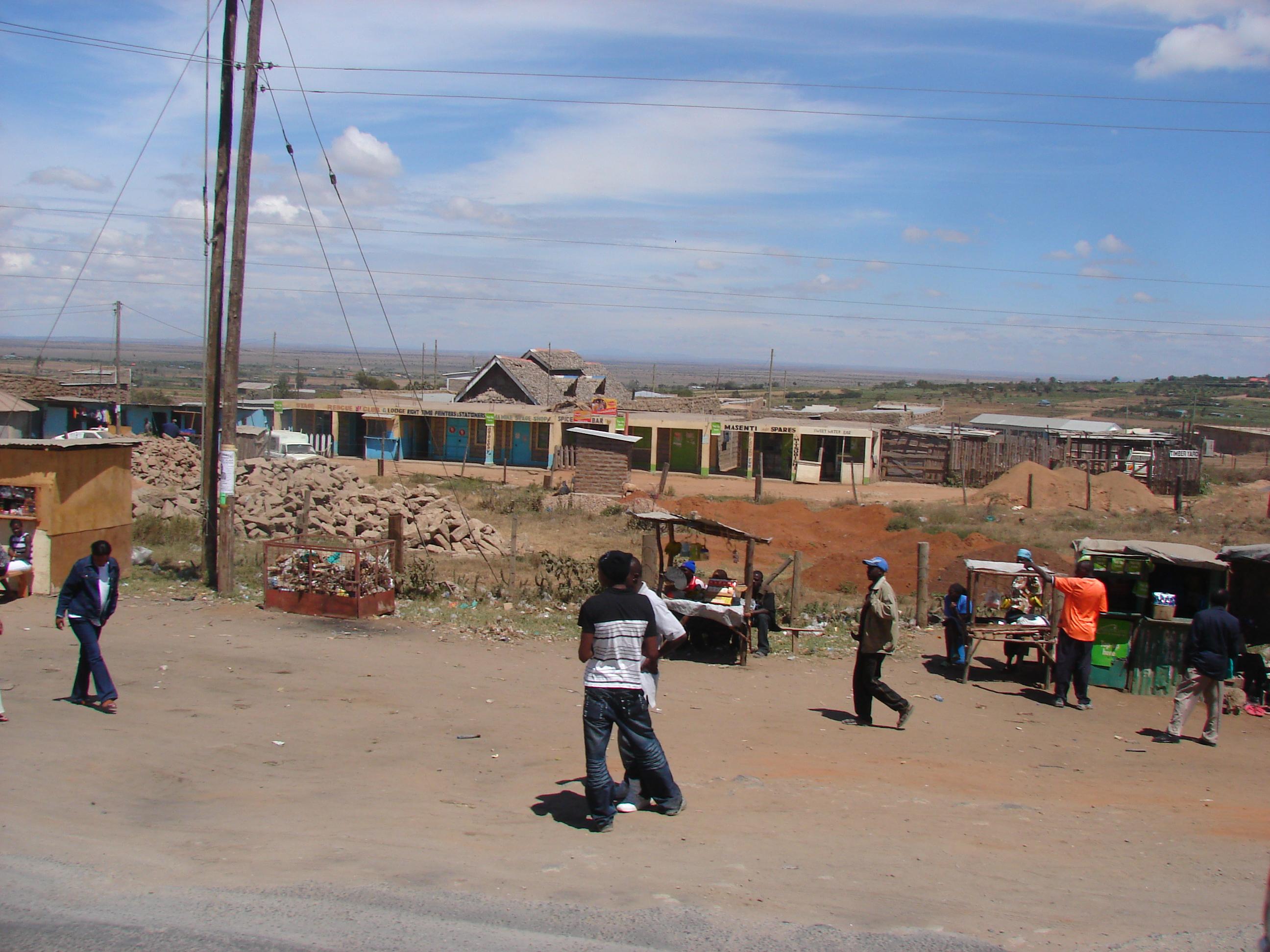Main points
- Bypassing regulations or accelerating processes through bribery and facilitation payments, emerge as the most widespread practice in wind and solar energy in Mexico and Kenya. It encompasses land affairs, including acquisition, possession, and use; project development comprising permits, licences, impact assessments, and due diligence; as well as implementation through tender fixing.
- Given that profit maximisation drives private sector involvement in wind energy, the expansion of the sector suggests that the profit-to-corruption ratio is still favourable to private sector investments.
- Illegal seizures, physical violence, and human rights violations – such as intimidation or threat behaviour, disappearances, or murders of indigenous and ancestral leaders – have been widely documented in Mexico. It is highly distressing that firms from nations professing a commitment to human rights engage in such actions in non-western settings.
- Private sector stakeholders have had a significant impact on shaping renewable energy laws with a focus on profit maximisation, such as advocating for corporate social responsibility instead of revenue sharing.
- New methods for sharing and distributing profits from energy development with local communities could help fund development and decrease corruption and rent-seeking. One such method could involve communities contracting private companies to construct energy infrastructure, with the profits remaining with the local community.



